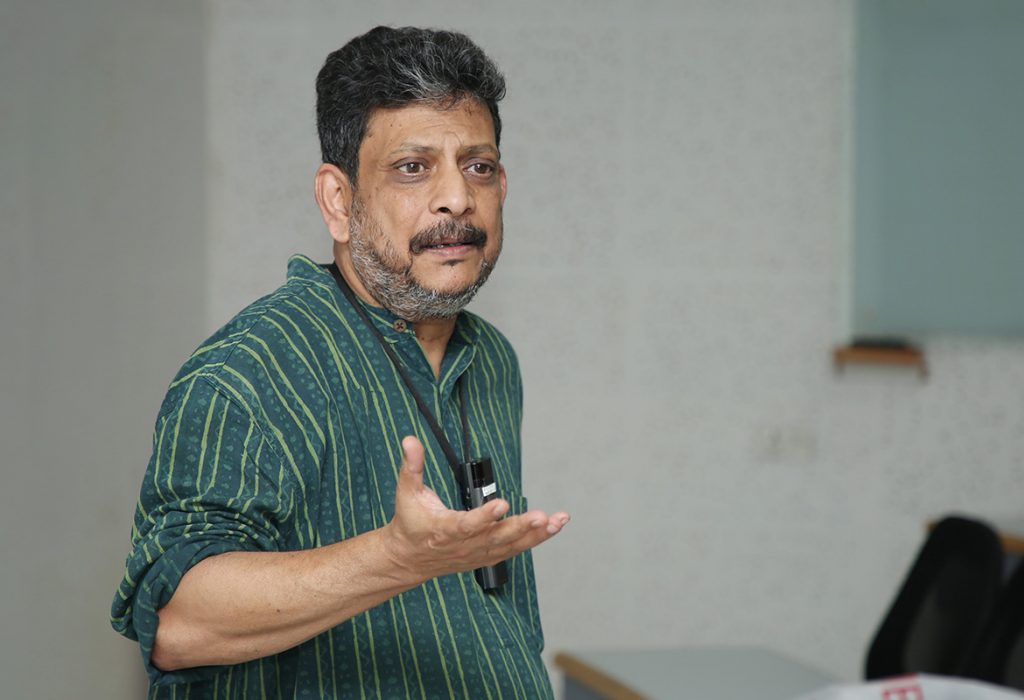New Delhi: Hinduism came into existence after British colonisers ‘invented’ this as a social category for their own ‘convenience and simplification’, claims a new book.
The book, ‘The Truth About Us: The Politics of Information from Manu to Modi’, makes an argument that Hinduism was ‘made up’ in India by the colonial rulers at a time when information was scarce and the coloniser’s power over it was absolute.
“What is now widely accepted as ‘Hinduism’ was, in fact, an ideology (or more accurately, a theory or fantasy) that is better called ‘Brahmanism’, which existed largely in textual (not real) form and enunciated the interests of a small, Sanskrit-educated elite,” reads the book.
Sanjoy Chakravorty, the author of the book, explains it further when he writes that the invention was done by first ‘elevating selected and convenient Brahmanvadi Sanskrit texts like the Manusmriti to canonical status, and later through the census and its categories’.
As per the religious data on Census 2011, Hindus constitute 79.8 per cent of the total population in the country, Muslims 14.2 per cent and the followers of the other religions constitute the rest.
Chakravorty, who was here in the capital for the launch of his book recently held at the India International Centre, credited much of this simplification of the social world to the ‘principle of simple information’ also.
Principle of simple information, as described in the book, is based on the axiom that all people prefer simple information over complicated knowledge.
He also talks about the ‘chaturvarna caste structure — supposedly composed of a hierarchy of Brahman, Kshatriya, Vaishya and Shudra — of Hindu’ too in his book, claiming that it was also derived from the same Brahmanvadi texts and that it has ‘no relationship with ground reality’.
“In fact, it is doubtful that caste had much significance or virulence in society before the British made it India’s defining feature. In the last quarter of the nineteenth century, the newly established census and its categories and counts firmly established these made-up social categories — both of religion and caste — and set India on a path to an ever-expanding politics of identity,” he observed.
So why was it done? And what particular interests did it serve of the British Indian government then?
The author in the book writes it was done ‘primarily to create a single society with a common law that could be easily governed’.
“A very large, complex and regionally diverse system of faiths and social identities was simplified to a degree that probably has no parallel in the world history,” he said.
“…The categorical system that was thus created became rigid during the next century and quarter, especially in the last seven decades of independent India as the made up categories came to be associated with real rights,” he added.
Published by Hachette, ‘The Truth About Us’ claims to be an urgent reading for every thinking Indian at a time ‘when India is in the throes of an existential debate, convulsed by contesting claims over identity and history, Hindutva and Dalit consciousness, nationalism and freedom of speech, and the rights and realities of minorities’.
PTI

